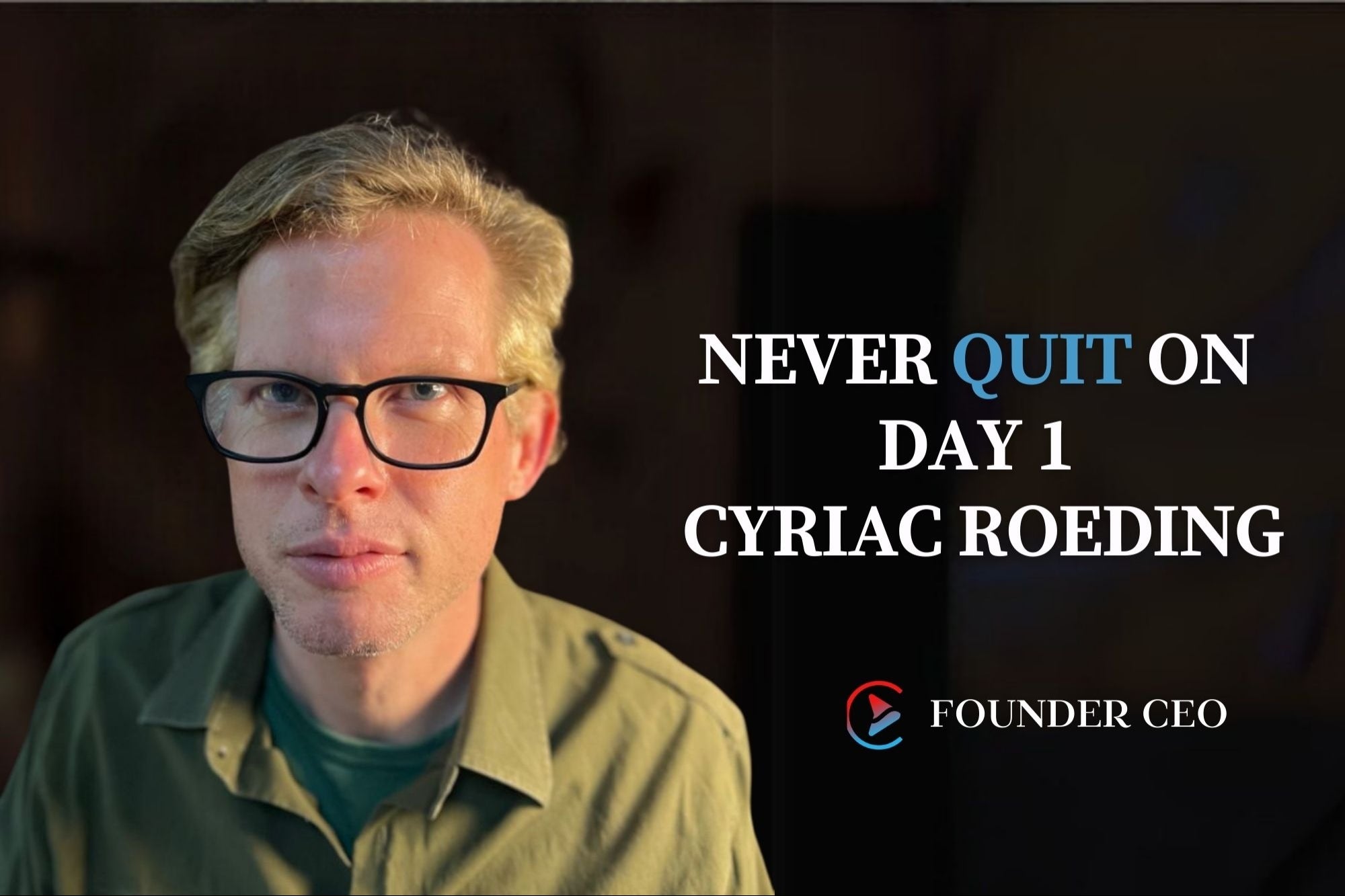The Demographic Trends Driving Growth in Franchising Companies that target specific populations are a major force in the franchising upswing.

If Entrepreneur's 34th annual Franchise 500© is any indication, the future is looking up for franchising. Hampton Hotels held strong at No. 1 for the third year in a row, but there are plenty of fast-growing companies, new and old alike, nipping at its heels. In fact, the 500 companies that made our ranking added 19,197 franchise units between 2011 and 2012, almost double the previous year's growth.
There are franchises to serve just about everyone, but the Franchise 500© shows that many of the most competitive companies--especially during tough economic times--are those that go after a specific demographic. Here's a look at the segments of our population that some of the most successful established franchises, as well as up-and-comers, are focusing on as they seek out customers and potential franchisees.
Kids
Year after year, franchises based around kids perform well while those in other industries struggle. The reason? In lean times consumers tend to cut down on spending for themselves rather than for their dependents.
Many of the most successful franchises aim to prepare kids for college. Tutoring, always a strong category, is smaller this year than in the past, but every company that did make the ranking improved on its 2012 position. Enrichment franchises--offering everything from Lego engineering to music education to art classes--are surging in popularity, as are sports-based fitness programs.
Seniors
At the other end of the spectrum, but no less influential, are seniors. In fact, 22 senior-care franchises ranked in this year's Franchise 500©--not bad for a category that hardly existed just 20 years ago. And in spite of all of that competition, most of them grew in 2012, adding more than 400 franchise units altogether.
The trend makes sense when you look at the numbers: Americans aged 65 and older represented 12.9 percent of the population in 2009; that figure is expected to hit 19 percent by 2030, according to a report from the U.S. government's Administration on Aging. What's more, the American Society on Aging reports that there's a 70 percent chance that at some point those older than 65 will need some form of long-term care. So there's plenty of room for the senior-care-franchise industry to keep growing along with the population it serves.
Among the newcomers to franchising in the last five years are Live 2 B Healthy, a senior fitness business; TaylorMarie's, which brings women's clothing sales to senior centers and assisted-living facilities; and Ikor USA, which offers patient advocacy and guardianship services.
Latinos
One trend in this year's Franchise 500© is the proliferation of franchises aimed specifically at Latino communities. Interesting, but not surprising if you look at the statistics: The Latino population of the U.S. has more than doubled since 1990 to more than 52 million and is expected to reach 132.8 million by 2050, according to the U.S. Census Bureau.
As the population grows, so do the numbers of Latino-owned businesses, homes and cars, and the insurance industry has heretofore failed to keep pace. That's where franchising has stepped in. First on the scene was Fiesta Auto Insurance and Tax, which began franchising in 2006 and quickly climbed to nearly 100 units. A succession of insurance and tax service franchises with Spanish names followed: Estrella, Pronto, Listo. These are still relatively new, and only Estrella made the ranking this year. But they demonstrate a definite trend in targeting the demographic, and other industries may soon follow their example.
Veterans
This year we added a new question to our Franchise 500© form: Do you offer incentives for veterans? The response was heartening: Almost three-fifths of our top 500 franchises offer some type of discount or assistance for military veterans who become franchisees. With most franchisors, it's reduced franchise fees, inventory costs or royalties; a few waive their franchise fees completely for veterans. One company, JDog Junk Removal--which began franchising in 2012--is offering its franchise only to veterans and active-duty military personnel. Founder Jerry Flanagan, an Army veteran himself, sees this as a way to combat the disproportionately high unemployment rate among returning service members.
Many franchisors view veterans--with their leadership skills, determination and familiarity with following a system--as perfect prospects for franchising. In November 2011 the International Franchise Association ramped up its VetFran initiative with Operation Enduring Opportunity, a campaign that aims to see 75,000 veterans and their spouses and 5,000 wounded warriors become franchisees or employees of franchised businesses by 2014. In the first six months of the campaign, more than 4,000 veterans became new franchisees. As time goes on, expect to see more franchisors recognize the benefits of teaming up with America's heroes.
Related: Top 10 Franchises for Veterans










